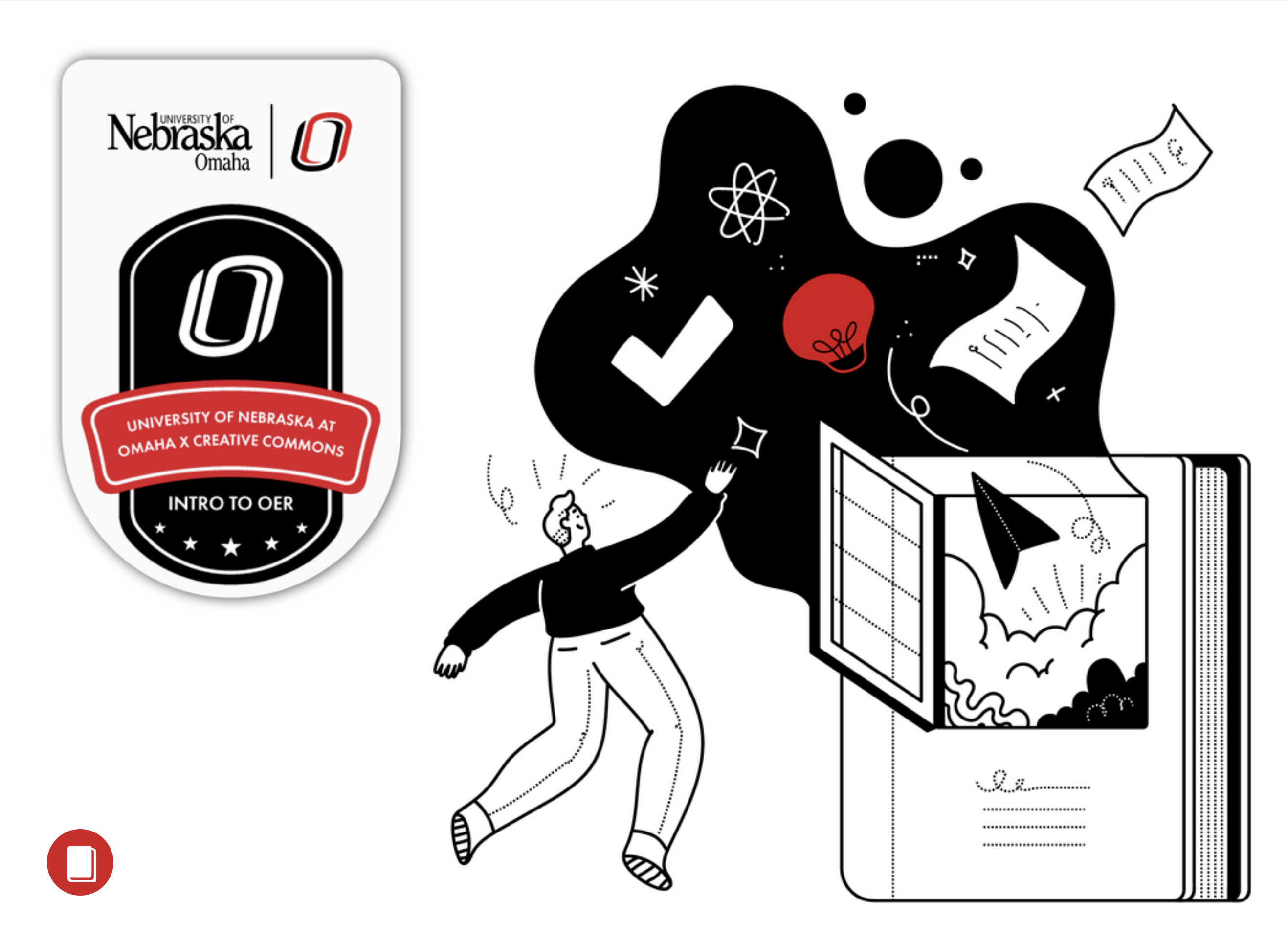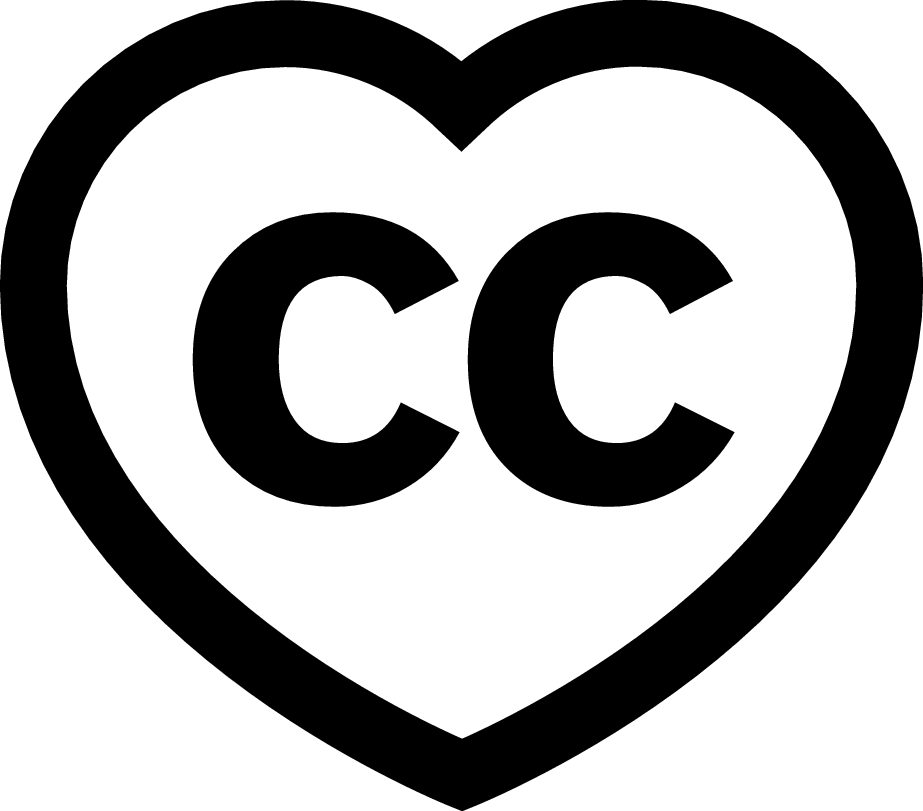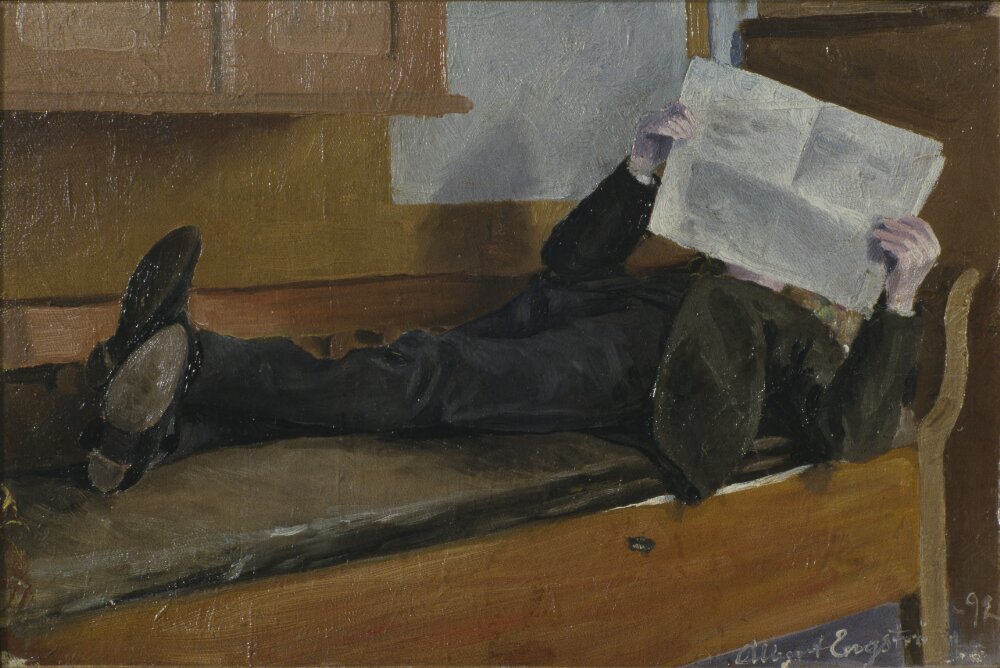Creative Commons and University of Nebraska Omaha Partner on a Microcredential Course
mardi 16 avril 2024 à 21:59Creative Commons is proud to announce the launch of “Open Educational Resources for Librarians and Educators,” our first professional development microcredential course and partnership with the University of Nebraska Omaha, commencing on 31 May.

This microcredential pilot started with one CC Certificate alumnus’s enthusiasm for open education. Craig Finlay, OER and STEM Librarian at the University of Nebraska Omaha (UNO) Libraries, took the CC Certificate course for Academic Librarians in September, 2021. Since then, he’s advocated for open education in a variety of capacities: managing UNO’s biannual campus Affordable Content Grants, which largely fund converting courses from using all traditional textbooks to using at least one open educational resource; hosting regular CC workshops for faculty on campus; and co-authoring a white paper exploring OER’s positive impact on student success. Co-creating the microcredential course offered the next step in applying his CC Certificate expertise and passion for open education. Craig was intent on bringing CC licensing expertise to more learners, seeking professional development, and UNO granted a pathway for this.
Over the course of the last several months, CC and UNO have developed the “Open Educational Resources for Librarians and Educators.” The course remixes Certificate lessons in open licensing, open education and open access. Content targets the ecosystem of scholarly and academic publishing; copyright and Creative Commons; Open Education and Open Access; as well as starting, growing and managing these sorts of initiatives. Learners enrolling in this 9-week course will engage asynchronously, but should expect to work five hours per week to complete course work; successful completion will result in a microcredential for non-credit and professional education.
What are the next steps? Registration will open on 31 May, 2024. Once the class roster is full, UNO will announce a start date for the course.
Outside of the actual course content, we wanted to share a few crucial elements that made this partnership successful:
- A Memorandum of Understanding (MOU), which outlined the goal, key roles, responsibilities and timeline for our work.
- A mutually viable financial model, which ensures this work can be sustainable for both institutions.
- Adaptability. Because this project involved multiple stakeholders, we needed to remain flexible to meet differing needs.
- Trust. Working together has been easy because of our basis in trust.
We share these key ingredients to this microcredential pilot because we expect the partnership can be replicated for a number of new communities. If you work at an institution and are interested in partnering with CC on a microcredential course related to CC Certificate course content, please contact certificates [at] creativecommons.org.

Note: The CC Certificate program was created as an investment in our open advocates around the world. CC built the training to strengthen the global communities’ work engaging in open movements in education, access and more recently, cultural heritage.
CC Certificate courses develop peoples’ practical expertise in open licensing, copyright, and ways to engage in open knowledge and culture movements. The program has certified over 1700 people in 65 countries with open licensing expertise. Through open licensing course content, CC supports communities making derivatives of the course, from Masters level courses, faculty workshops, an audio recording, to nine language translations, and more.
The post Creative Commons and University of Nebraska Omaha Partner on a Microcredential Course appeared first on Creative Commons.


